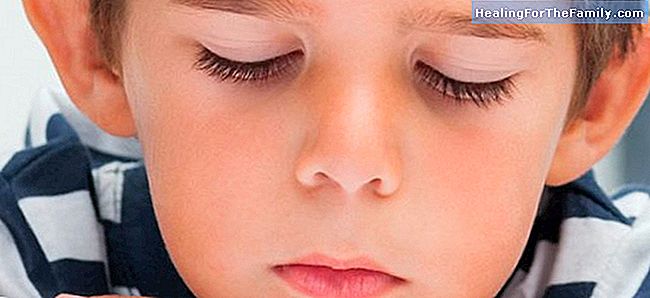How to know if the child suffers cyberbullying
Cyberbullying or cyberbullying, unlike bullying in childhood, is developed in digital media, that is, it is about harassment, insults, threats or gossip to a child through of email, sms, chat or social networks. In most cases the child victim of cyberbullying does not tell their parents or teachers
Cyberbullying or cyberbullying, unlike bullying in childhood, is developed in digital media, that is, it is about harassment, insults, threats or gossip to a child through of email, sms, chat or social networks.
In most cases the child victim of cyberbullying does not tell their parents or teachers what is happening to them, so it is very important to know how this harassment can manifest itself in the child's behavior.
How to detect a case of cyberbullying in childhood

There are some signs and signs that can make us suspect to parents that the child is being victim of cyberbullying or cyberbullying. Being aware of possible changes in behavior is essential.
1- The child can change his usual habits: he does not want to go to extracurricular activities that were fun for him before, he tries to find excuses not to go to school, his school performance and his grades suffer a decrease, they change their eating habits , it is difficult to maintain attention and concentration and hides every time he connects to the Internet.
2. Changes in your mood: it is normal for the child to suffer mood swings throughout the day and feel sad or indifferent to things that previously motivated him, can react aggressively at certain moments in an unjustified way or he is tense and angry.
3. Changes in your usual relationships: stop going with your usual friends, prefer to be alone instead of with friends, overreact to a small joke, do not want to leave home, have trouble communicating and It becomes very hermetic.
4. Physical changes: their body language changes in the presence of certain people bending their shoulders, bending their heads and not looking at the children, in the school they prefer to be close to teachers or caregivers and escape from hidden spaces to the looks, has physical injuries that can not explain and their belongings are often lost or extremely deteriorated. It can also refer to dizziness, headaches, diarrhea or even vomiting.
Source:
- Guide S.O.S. against the Cyberbullying of the National Institute of Communication Technologies (INTECO)












